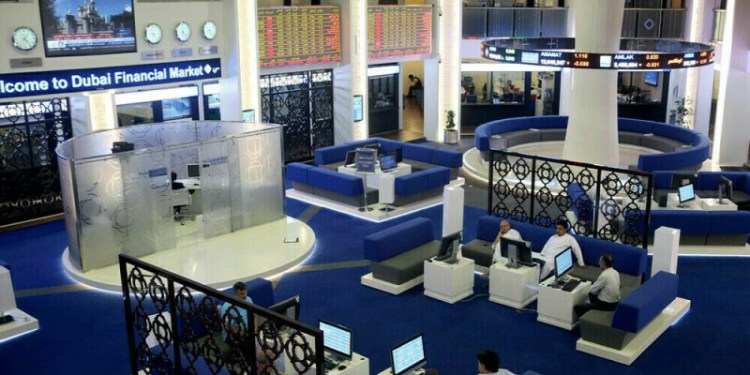By Rahul Karunakar
BENGALURU (Reuters) – Euro zone economic momentum has peaked, according to a majority of economists in a Reuters poll who also said the European Central Bank will drop its easing bias on stimulus by or at the June meeting.
The region’s economic performance has been robust and in 2017, gross domestic product rose 2.5 percent, the fastest growth rate since a 3.0 percent rise in 2007.
But the latest poll of 80 economists taken Feb. 26-28 showed the economy is expected to lose some of that momentum on the euro’s strength and inflation was expected to remain well below the central bank’s target over the next two years at least.
More than 70 percent of 51 economists who answered a separate question said the peak of growth momentum in the euro zone was now in the rear-view mirror.
“We expect annual GDP growth to edge down slightly this year from Q4’s very strong pace. The (PMI) surveys support this view,” noted Jennifer McKeown, chief European economist at Capital Economics.
While euro zone business growth was the fastest in well over a decade at the start of the year, it lost some steam last month as a stronger currency took its toll, a private-sector survey of purchasing managers showed.
Still, over 70 percent of respondents in the latest poll said they were not concerned the economic boom would be over by the time the ECB starts to consider raising interest rates.
“We think that growth will be slower by the time the ECB raises rates. We do, however, think that the euro area will still be expanding at a solid pace,” noted Andrew Harris, economist at Fathom.
Full-year GDP growth was expected to average 2.3 percent this year and 2.0 percent next, compared to 2.3 percent and 1.9 percent respectively in the previous poll. Quarterly growth is set to slow from 0.6 percent to 0.4 percent in Q2 2019.
BELOW TARGET
While growth is well into its fifth year and is now showing some signs of slowing, official flash data on Wednesday showed headline inflation also slipped to a 14-month low in February.
ECB President Mario Draghi said on Monday the factors holding back inflation were temporary and prices will eventually rise.
But inflation was forecast to average 1.5 percent this year and 1.6 percent next, well below the target of just under 2 percent. The consensus was for it to range between 1.3 and 1.6 percent in each quarter through to the end of next year.
“The latest data suggests that the ECB’s own assessment and confidence that inflation will substantially pick up remains more wish than reality,” said Bert Colijn, senior euro zone economist at ING.
To get inflation back to its target, the central bank has bought over 2 trillion euros worth of mostly government bonds since 2015.
Now, the ECB is widely expected to shut the stimulus program this year and that has pushed the euro up over 1.5 percent so far in 2018, coming after the single currency registered its best run since 2003 last year.
While no major change is expected when ECB policymakers meet on March 8, almost a third of 56 economists who answered a separate question said the central bank will drop its easing bias on asset purchases at that meeting.
Including those respondents, over 70 percent of the economists expect that announcement to come at or before the June meeting. The remaining third expect it to happen sometime by early next year.
Still, nearly 90 percent of over 50 economists said they were confident the ECB will leave interest rates on hold for many months after it shuts its quantitative easing program as it is currently suggesting.
The central bank is expected to raise the deposit rate by 15 basis points to -0.25 percent in the second quarter next year and take it zero by end-2019. It is forecast to raise the refinancing rate once next year, in the third quarter, by 25 basis points to 0.25 percent.
“Any deviation from the ‘well past the horizon of our net asset purchases’ statement would damage the ECB’s reputation. Moreover, against the backdrop of a strengthening euro the ECB will not be in a hurry to hike rates,” noted Martin Wolburg, senior economist at Generali (MI:) Investments.
(For other stories from the Reuters global long-term economic outlook polls package:)
(Polling and analysis by Manjul Paul and Indradip Ghosh; Editing by Janet Lawrence) OLUSECON Reuters US Online Report Economy 20180302T000107+0000
Source: Investing.com




























